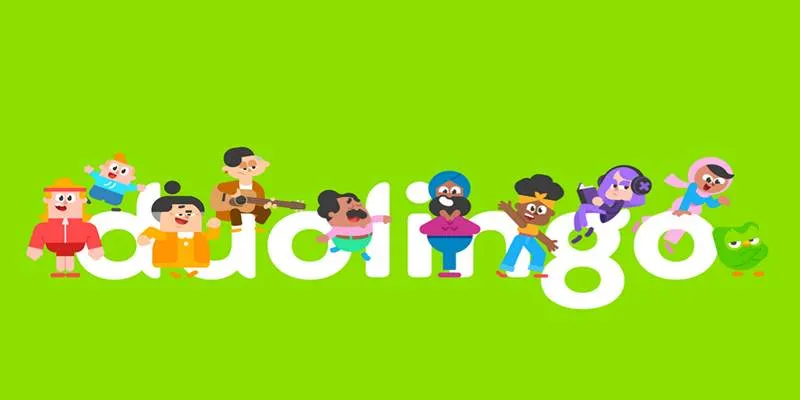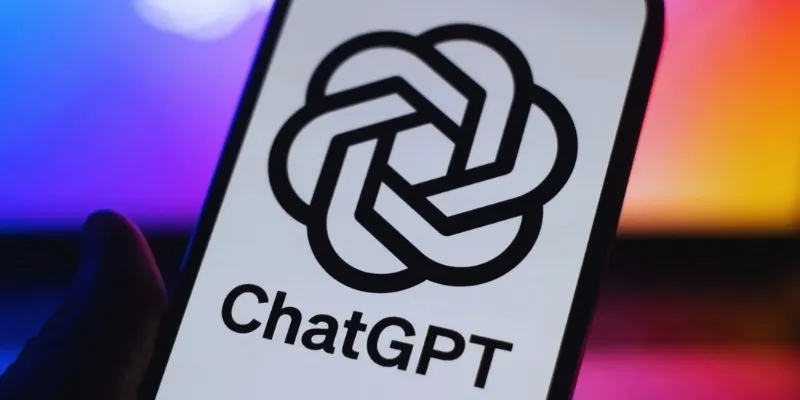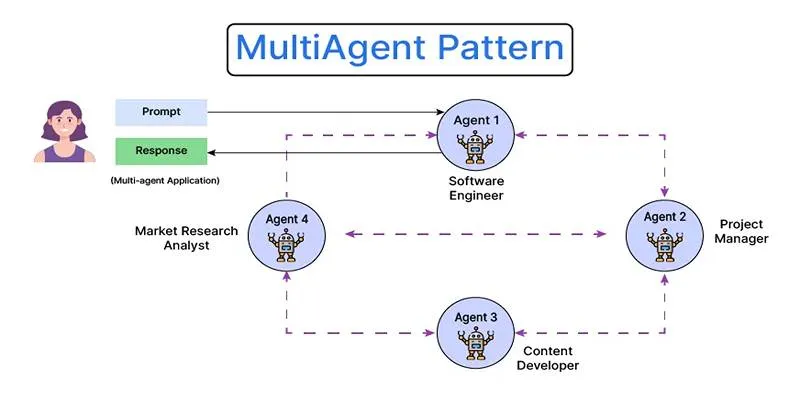Learning a new language can be both exciting and challenging. Traditional teaching methods often follow a one-size-fits-all approach, making it difficult for learners to progress at their own pace. Fortunately, artificial intelligence (AI) has revolutionized language learning by creating personalized experiences that adapt to each individual’s progress. AI-powered language-learning apps track user performance, adjust difficulty levels, and offer customized tasks to enhance retention and engagement.
How AI Enhances Language Learning
AI provides numerous benefits to language learning, making the process more interactive and efficient. Here’s how:
- Personalized Learning Paths: AI tailors lesson plans based on your strengths and weaknesses.
- Instant Feedback: Real-time corrections help learners improve language and speech skills.
- Engagement and Motivation: Gamification and adaptive challenges keep learners engaged.
- Smart Analytics: AI tracks progress and offers improvement suggestions.
- Speech Recognition: Interactive tasks improve pronunciation skills.
- Contextual Learning: AI provides exercises that mimic real-life conversations for better retention.
- Progress Monitoring: AI evaluates proficiency and suggests areas for improvement based on past mistakes.
Top AI-Powered Language Learning Apps
Several AI-driven language learning apps stand out due to their adaptability and effectiveness. Below are some of the best options available today.
Duolingo: Gamified Learning with AI

Duolingo is one of the most popular language learning apps known for its fun and interactive lessons. It uses AI to:
- Personalize lesson difficulty based on user performance.
- Offer spaced repetition to reinforce learned vocabulary.
- Adapt exercises to target weak areas in grammar and pronunciation.
- Provide visual and auditory cues for better retention.
- Recognize speaking patterns and offer real-time corrections.
- Introduce new words dynamically based on user engagement levels.
Babbel: AI for Practical Conversations
Babbel uses AI to customize learning experiences and make conversations more natural. Features include:
- AI-driven lesson recommendations based on previous mistakes.
- Speech recognition technology for better pronunciation.
- Short, practical lessons focused on real-world conversations.
- Customized review sessions to reinforce weak points.
- Grammar-focused exercises that adapt based on user errors.
- Smart vocabulary builders that integrate commonly used phrases.
Rosetta Stone: Immersive AI Learning
Rosetta Stone’s AI technology helps learners absorb languages naturally through:
- Adaptive learning techniques that adjust difficulty levels.
- TruAccent speech recognition for accurate pronunciation correction.
- Contextual learning that simulates real-life scenarios.
- Interactive exercises to improve listening and comprehension.
- Audio-based lessons that focus on immersion techniques.
- AI-driven conversation practice that encourages fluency.
Memrise: AI for Vocabulary Building
Memrise specializes in vocabulary retention through AI-enhanced learning. It provides:
- AI-powered chatbot interactions for conversational practice.
- Video clips of native speakers for real-world exposure.
- Personalized quizzes that adapt to the learner’s progress.
- Spaced repetition techniques for long-term retention.
- Visual memory aids to strengthen word association.
- AI-based sentence construction exercises to enhance recall.
LingQ: AI-Driven Reading and Listening
LingQ focuses on improving reading and listening skills using AI to:
- Provide customized reading materials based on interests.
- Track word recognition and suggest practice exercises.
- Offer interactive transcripts for better comprehension.
- Include audiobooks and real-world dialogues for better fluency.
- Analyze reading habits and recommend new texts accordingly.
- Adapt content based on difficulty levels and word familiarity.
Benefits of AI-Driven Language Learning Apps

AI-powered language learning apps offer several benefits that make them superior to traditional methods:
Adaptive Learning for Efficiency
Unlike static courses, AI adjusts lessons dynamically to match a learner’s progress, ensuring a focus on areas needing improvement while reinforcing mastered concepts.
Real-Time Corrections and Feedback
Immediate feedback on pronunciation, grammar, and writing helps learners improve quickly. AI identifies mistakes and provides suggestions instantly.
Improved Retention with Smart Algorithms
Many apps use spaced repetition systems (SRS) to help learners retain information more effectively. By reviewing words and phrases at optimal intervals, learners avoid forgetting what they’ve learned.
Flexible and Convenient Learning
AI-powered apps allow users to learn anytime, anywhere. Whether during a commute, a lunch break, or before bed, learners can access lessons at their convenience.
Engaging and Interactive Learning
Gamification elements such as leaderboards, rewards, and streak tracking keep learners motivated. AI adapts the difficulty to ensure learners remain challenged but not overwhelmed.
Multimodal Learning Approaches
AI-based apps incorporate audio, video, text, and speech recognition to offer a well-rounded learning experience, catering to different learning preferences and enhancing comprehension.
Cultural and Contextual Learning
Many AI-powered apps integrate cultural references, slang, and idiomatic expressions to help learners grasp the language in a practical context.
Customized Study Plans
AI monitors progress and generates personalized study plans based on proficiency levels. Learners receive tailored exercises to focus on specific weak areas.
AI-Assisted Writing Improvement
Some apps provide AI-driven writing exercises, helping users enhance sentence structure, grammar, and overall writing skills.
Speech and Listening Enhancement
AI can evaluate speech patterns and assist students in improving their pronunciation. Some applications contain AI-driven listening exercises that train the ear for natural conversations.
Conclusion
AI-powered language learning apps have revolutionized how people acquire new languages. With personalized lessons, instant feedback, and engaging content, these apps adapt to individual progress and make learning more efficient. Whether you’re a beginner or an advanced learner, AI-driven tools can help you achieve fluency at your own pace. These apps cater to different learning styles and ensure that language learners remain motivated throughout their journey. By leveraging AI, language learning has become more accessible, enjoyable, and effective for people of all ages.
 zfn9
zfn9















